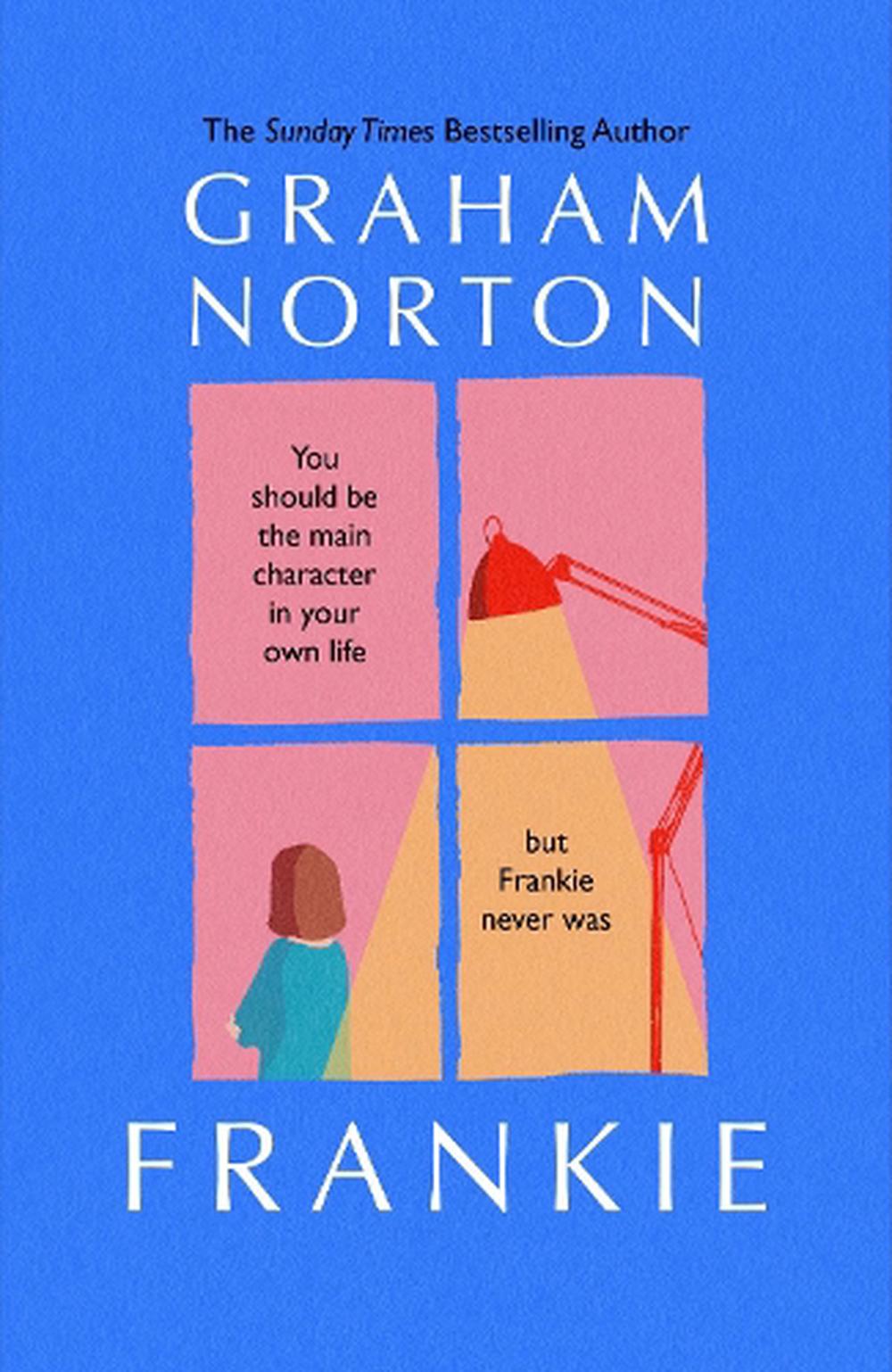Frankie by Graham Norton

‘You should be the main character in your own life . . . ‘ but it’s not that way for Frankie; things always seem to happen to her, without her having any say. From the early days of her sheltered village life in Ireland, one thing leads to another: her parents are taken from her, her upbringing is ruled by cold relatives, an arranged marriage ends disastrously, career and friendships end abruptly, happiness seems ever short-lived. Now as an old lady, the whole saga is related in instalments to her young gay carer Damien. Damien, however, seems fascinated as each episode opens up different phases of her life, from the rectory in 1950’s Ireland, to lesbian parties in 1960’s London, then the art scene of 1970’s New York and the 1980’s AIDS epidemic. Frankie herself is straight, she has two marriages, first to clergyman Alan then to the artist Joe, but the world around her is full of young men and women experimenting with different lifestyles.
Not having read anything by Graham Norton previously, and only knowing him from his entertaining chat shows, I was surprised by his choice of naïve female main character, a woman who lives on the edges of life for the most part. However Norton’s quick wit and humour makes its appearance with the character of Norah or Nor, a flamboyant personality, who is also a steadfast friend to Frankie, frequently coming to her rescue. Their lifelong friendship is at the heart of the novel.
Norton writes that his book might be regarded as historical fiction as it required research on his part, for his depiction of past eras, the world of artists and actors, and particularly the AIDS epidemic, something that has a very moving description in the latter parts of the novel: the pain, the fear, and the heart-breaking loss of young lives. Frankie lives through it all, and while she may be regarded as a passive figure, she nevertheless espouses a kindness and acceptance of others, ‘she had done some good’, and that is remembered after she dies.
Norton has written an interesting book. It is a ‘feel-good’ heart-warming story, but also a detailed reminder of the struggle of gender-diverse people to find a place within a prejudiced, morally hypocritical world. The values it espouses are of love, kindness and compassion.
Themes: Love, Friendship, LGBQTI+, Gender roles, Tolerance, Life story, AIDS.
Helen Eddy